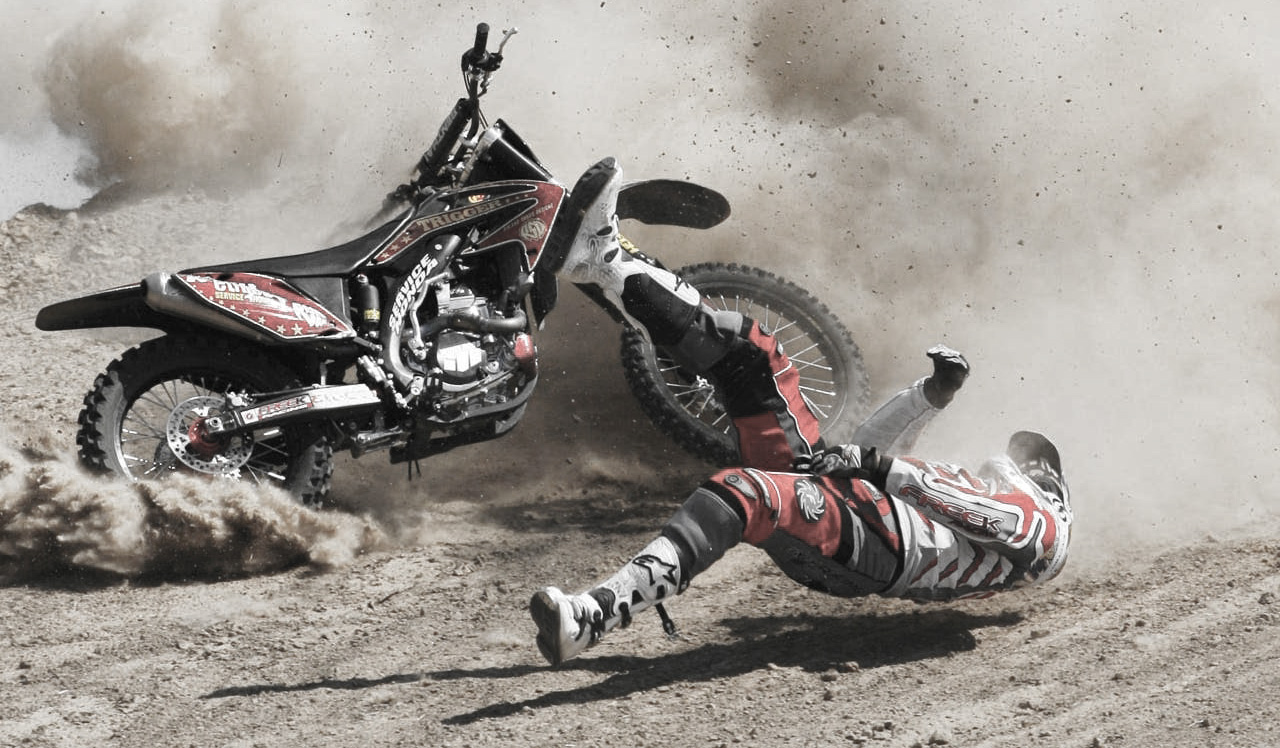Compensation Lawyers busy in the World’s most Remote City
Accidents are very common in places of work. Injuries at work may include a back injury from lifting too heavy objects, a broken arm from a fall off a ladder, etc. In such cases, a workers’ compensation lawyer can help such workers with various injuries to get compensated for their injuries, which includes lost wages and medical bills.
A list of compensation lawyers in Perth can help you get the kind of compensation that you deserve. The following are some of the benefits that workers can get depending on the type of injury.
- Permanent total disability
- Permanent partial disability benefits
- Temporary partial disability benefits
- Medical benefits
- Wage reimbursement benefits
- Vocational rehabilitation benefits
Duties of a compensation lawyer
Overarching Duties
The primary goal of a workers’ compensation lawyer in representing the injured worker [claimant] is to help him/her to obtain his or her benefits. And when the workers’ compensation lawyer represents the employer [defendant] he needs to mitigate the defendant’s liability. The duties of a worker’ compensation lawyer includes:
- Obtain depositions of the claimant, physicians, medical experts, etc.
- Gather medical evidence and medical reports
- Perform legal research
- Remain updated with the developments in the law
- Draft pleadings, motions, briefs, opinions, etc.
- Litigate the case before a workers’ compensation judge or referee.
Claimants Duties
On the claimant side, the workers’ compensation lawyer assist the injured workers to file and litigate claims. The lawyer should have a comprehension of the claims filing process and the compassion for the injured worker’s plight.
Regarding the claimant’s case, the workers’ compensation lawyer has the following functions.
- Contacting the medical providers and handle the paperwork regarding the claim
- Answering client questions and guide them through the workers’ compensation procedure.
- Assisting the injured worker to get the benefits that he/she deserves as well as the appropriate medical care.
- Negotiating settlements on behalf of the injured worker.
- Communicating with the supervisors of the injured worker regarding the workers’ status
Defense Duties
When it comes to the defense side, the compensation lawyer help insurance companies or self-insured employers to diminish their exposure and defend the workers’ compensation claims. They should understand the guidelines of handling the claims for each business unit that the injured worker works with. They should budget the costs and understand the billing procedures. On the side of defense, the workers’ compensation lawyer duties includes:
- Communicating with the claims representatives
- Representing the interests of the employer or insurer during hearings, depositions, trials, mediations, arbitrations, etc.
- Assisting with the investigations of accidents
- Managing workers’ compensation costs to reduce liability
- Compiling and submitting reports that is needed by the company
- Coordinating and attending claim reviews
- Negotiating settlements on behalf of the employer or the insurance company.
Workers’ Compensation Skills and Knowledge
Workers’ compensation lawyer should have the following skills and knowledge to succeed as a workers’ compensation lawyer.
- Great oral and written communication skills
- A strong trial experience
- Should know workers’ compensation laws and procedures
- Should be able to handle large caseloads
- Should have strong research and analytical skills
- Should be able to work both independently and in a team environment.


